AAAL 2025 Award Recipients
- First Book Award
- Dissertation Award
- Distinguished Service and/or Engaged Research Graduate Student Award in Relation to Diversity Efforts
- Distinguished Scholarship and Service Award
- Research Article Award
- Graduate Student Award
- Indigenous Language Scholarship Support Fund
Nicholas Limerick | Columbia University
Nicholas Limerick is Associate Professor of Anthropology & Education at Teachers College, Columbia University. He is the author of Recognizing Indigenous Languages: Double Binds of State Policy and Teaching Kichwa in Ecuador (2023, Oxford University Press) and the co-editor of Multilingual Nations, Monolingual Schools: Confronting Colonial Language Policies Across the Americas (2024, Teachers College Press). Over the past few years, he has also been co-writing, with the director of a school in Quito, a book to teach Kichwa to heritage language students.
Rima Elabdali | University of Tennessee, Knoxville
Rima Elabdali is an Assistant Professor in the Department of English at the University of Tennessee, Knoxville. Her main area of research focuses on multilingualism and educational linguistics. Her work appeared in top-tier journals such as the Journals of Second Language Writing, TESOL Quarterly, and Computer & Composition and in edited volumes by Routledge and Multilingual Matters. Rima’s most recent work explores issues around surveillance, spatiality, and racialized belonging among migrant youth and deploys critical pedagogies to address these issues in educational settings. Her dissertation, titled “negotiating belonging and securitization in a community language school, won the NFMLTA /MLJ Emma Marie Birkmaier award for doctoral dissertation research in world language education in 2024.
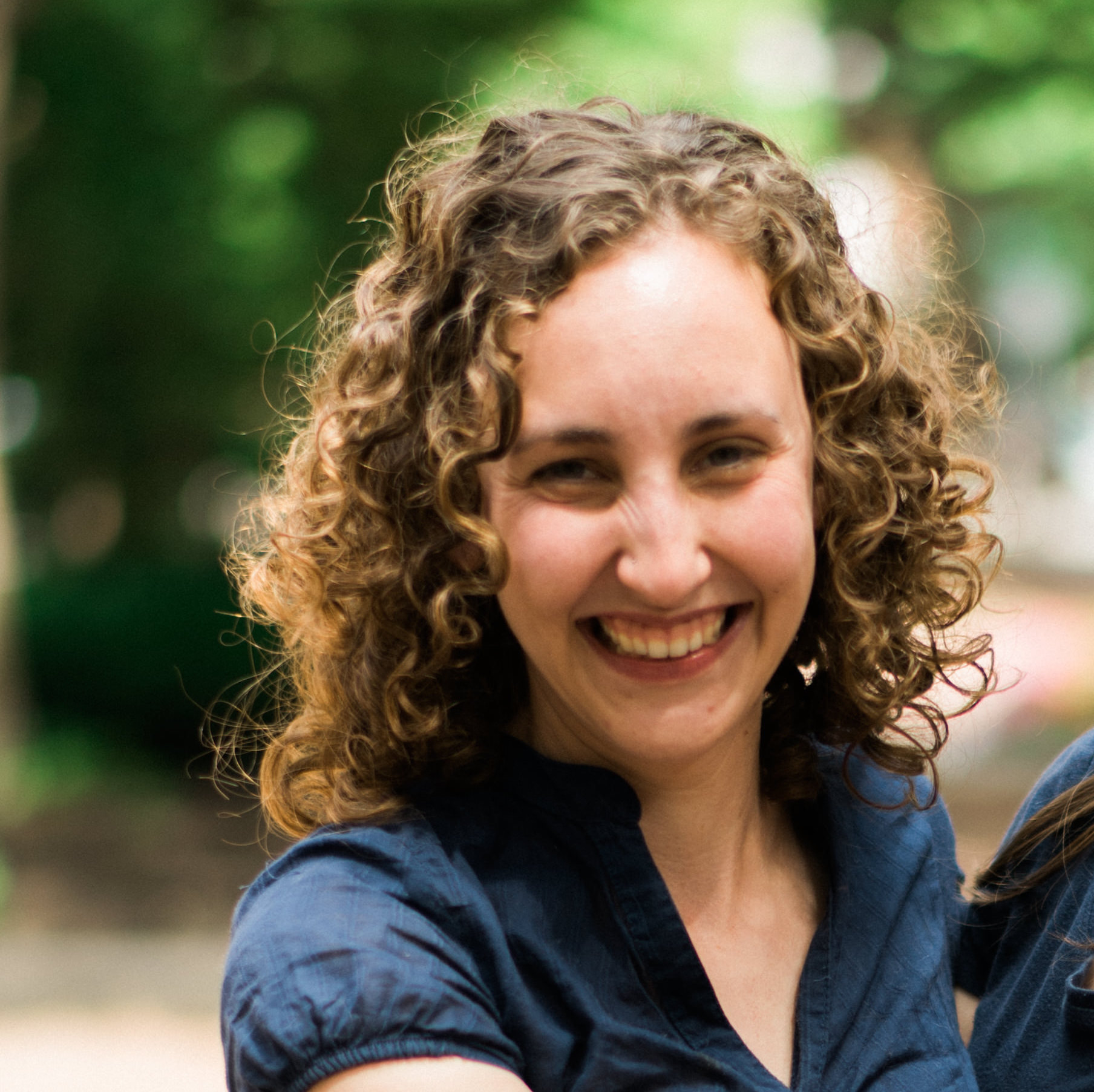 Distinguished Service and/or Engaged Research Graduate Student Award in Relation to Diversity Efforts
Distinguished Service and/or Engaged Research Graduate Student Award in Relation to Diversity Efforts
Julia Donnelly Spiegelman | University of Massachusetts Boston
Julia Donnelly Spiegelman is a critical applied linguist, French teacher, and anti-bias teacher educator whose research seeks to understand and counter the workings of racism and transphobia in world language classroom contexts. She is a Ph.D. Candidate in Applied Linguistics at University of Massachusetts Boston. Julia’s dissertation investigates the contexts, agency, and investment of gender nonbinary adolescent learners navigating cisnormativity and binary grammatical gender in their French and Spanish classrooms. Julia’s work has been published in Applied Linguistics, L2 Journal, The French Review, Critical Multilingualism Studies, and International Journal of Bilingual Education and Bilingualism. Julia has been solicited to give lectures and workshops on trans-affirming language teaching by universities and organizations in the United States and Canada, including the American Council on the Teaching of Foreign Languages (ACTFL), the Massachusetts Foreign Language Association (MAFLA), and the Institut de Français UBC à Québec. She currently teaches at Boston University Wheelock College of Education & Human Development and at Longy School of Music of Bard College. Julia is a longtime faculty member at the Multicultural Teaching Institute, where she works with K-12 teachers to develop awareness of their own identities and engage anti-bias pedagogies in their classrooms.
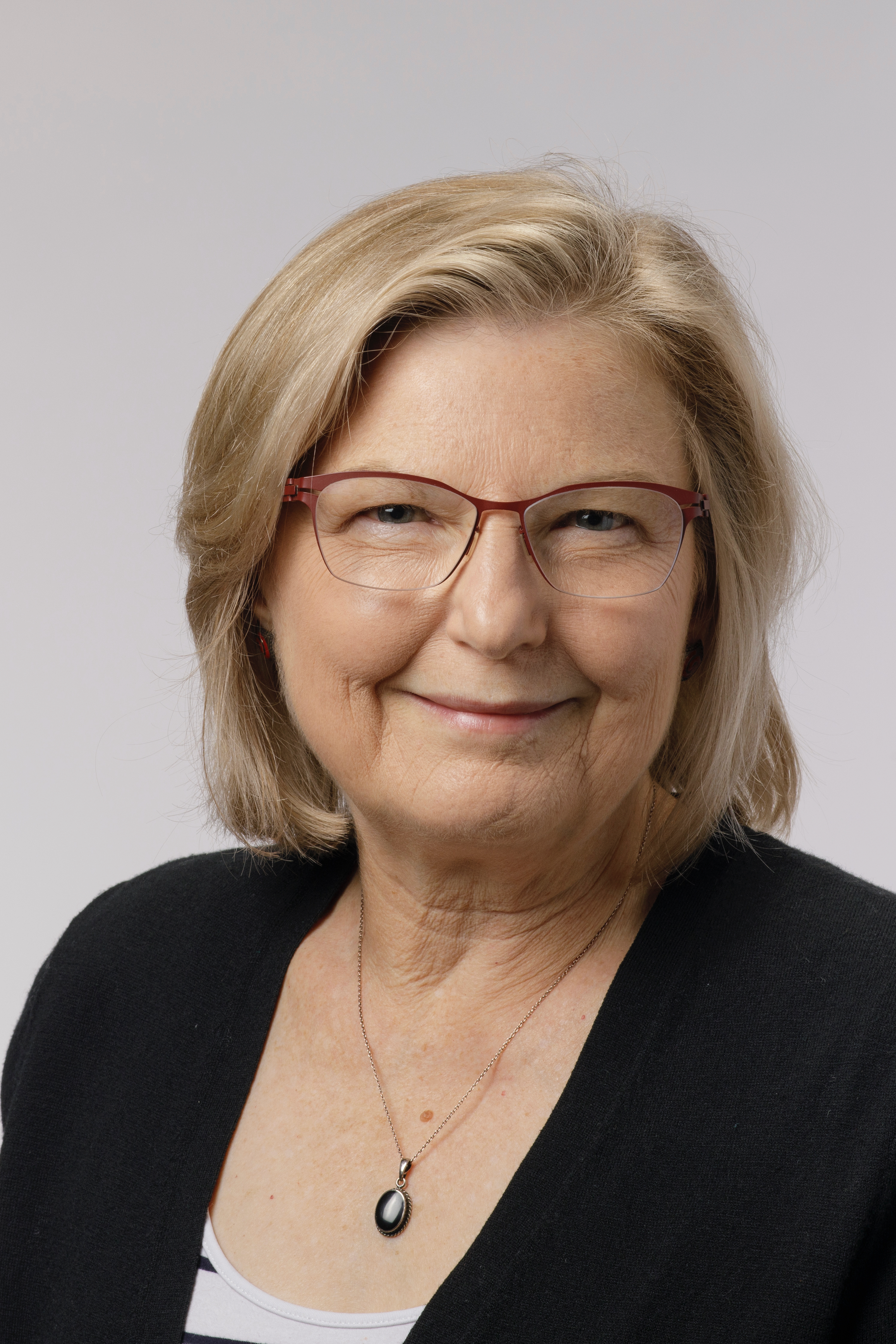 Distinguished Scholarship and Service Award
Distinguished Scholarship and Service Award
Linda Harklau | University of Georgia
Linda Harklau (M.A. University of Minnesota; Ph.D. University of California, Berkeley) is a Professor of TESOL & World Language Education program and Affiliated Faculty in Linguistics at the University of Georgia (USA).
Professor Harklau’s career has been dedicated to advancing our understanding language learning and academic achievement of multilingual learner immigrant youth in U.S. secondary schools, with the goal of improving high school graduation rates and fostering greater postsecondary enrollment. Her scholarship has focused in particular on the educational challenges and inequities encountered by youth and their families in new immigrant settlement areas of the southeastern U.S.
Harklau’s current research investigates how “venture” philanthropy-sponsored reform initiatives in Georgia higher education that were intended to improve college completion rates have been used to eliminate academic supports for multilingual learner students state-wide. Harklau is the author of numerous articles, co-editor of three volumes on multilingual youth and college transitions, and author of Adolescent Second Language Learning and Multilingualism (Oxford University Press, 2022).
Harklau has served in multiple AAAL leadership roles, including Member-at-Large, Secretary-Treasurer, President (2018-2019), and most recently trustee for the Fund for the Future of Applied Linguistics (FFAL) (2022-2025).
Alastair Henry | Lund University
Alastair Henry is Professor of Language Education at Lund University and University West, Sweden. His research has involved the psychology of language learning and teaching, with L2 motivation and willingness to communicate being of particular interest. He has published widely on these topics with articles appearing in journals such as The Modern Language Journal, Applied Linguistics, Language Teaching, Language Learning, TESOL Quarterly and System. He is a past editor of The Journal for the Psychology of Language Learning and the co-editor of The Palgrave Handbook of Motivation for Language Learning (Palgrave Macmillan). He has published monographs with Zoltán Dörnyei and Peter MacIntyre, with whom he also edited the anthology Motivational Dynamics in Language Learning (Multilingual Matters).
Marisol Massó | Michigan State University
Marisol Massó is a doctoral candidate in the Curriculum, Instruction and Teacher Education (CITE) program at Michigan State University’s College of Education. As a Latina transnational educator and researcher, she explores linguistically and culturally sustaining teaching practices for multilingual learners. Her dissertation examines teacher agency in the ESL classroom, specifically how teacher identities and ideologies shape the selection and instruction of culturally relevant books for multilingual learners. Her broader research interests include curriculum development, (bi)literacy practices, and teacher professional learning.
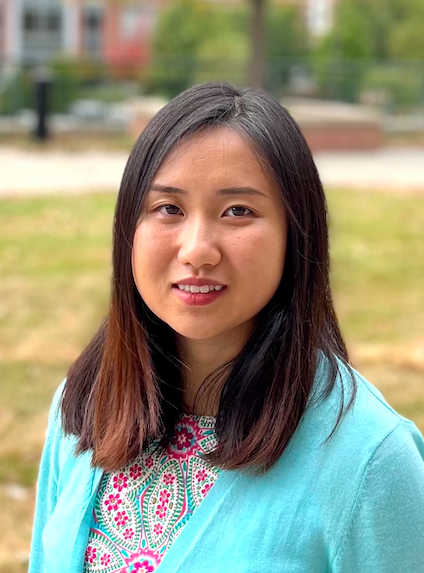 Graduate Student Award
Graduate Student Award
Yixuan Wang | University of Georgia
Yixuan Wang is a doctoral candidate and instructor of record in the Department of Language and Literacy Education at the University of Georgia where she teaches courses related to second language acquisition, bi/multilingual education, and teacher education. Yixuan’s research focuses on intersectionality and precarity in transnational language teachers’ and students’ experiences in the U.S. and China. As a qualitative scholar in the field of applied linguistics, Yixuan’s methodological expertise includes arts-based qualitative inquiry, poetic inquiry, and digital ethnography.
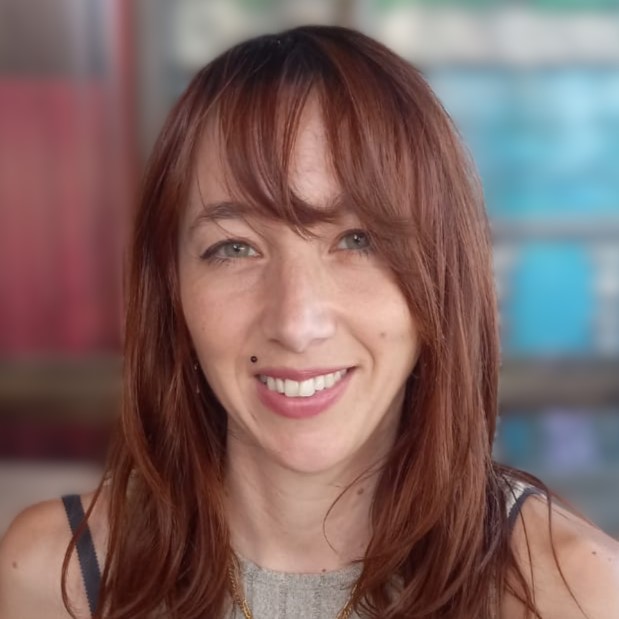 Graduate Student Award
Graduate Student Award
Francesca Marino | University of South Florida
Francesca Marino is a doctoral candidate in Linguistics and Applied Language Studies at the University of South Florida. Her research focuses on multimodality, examining it from both discursive and pedagogical perspectives. Francesca’s work has appeared in journals such as Discourse, Context & Media, Multimodal Communication, English Language Teaching, and Research Methods in Applied Linguistics.
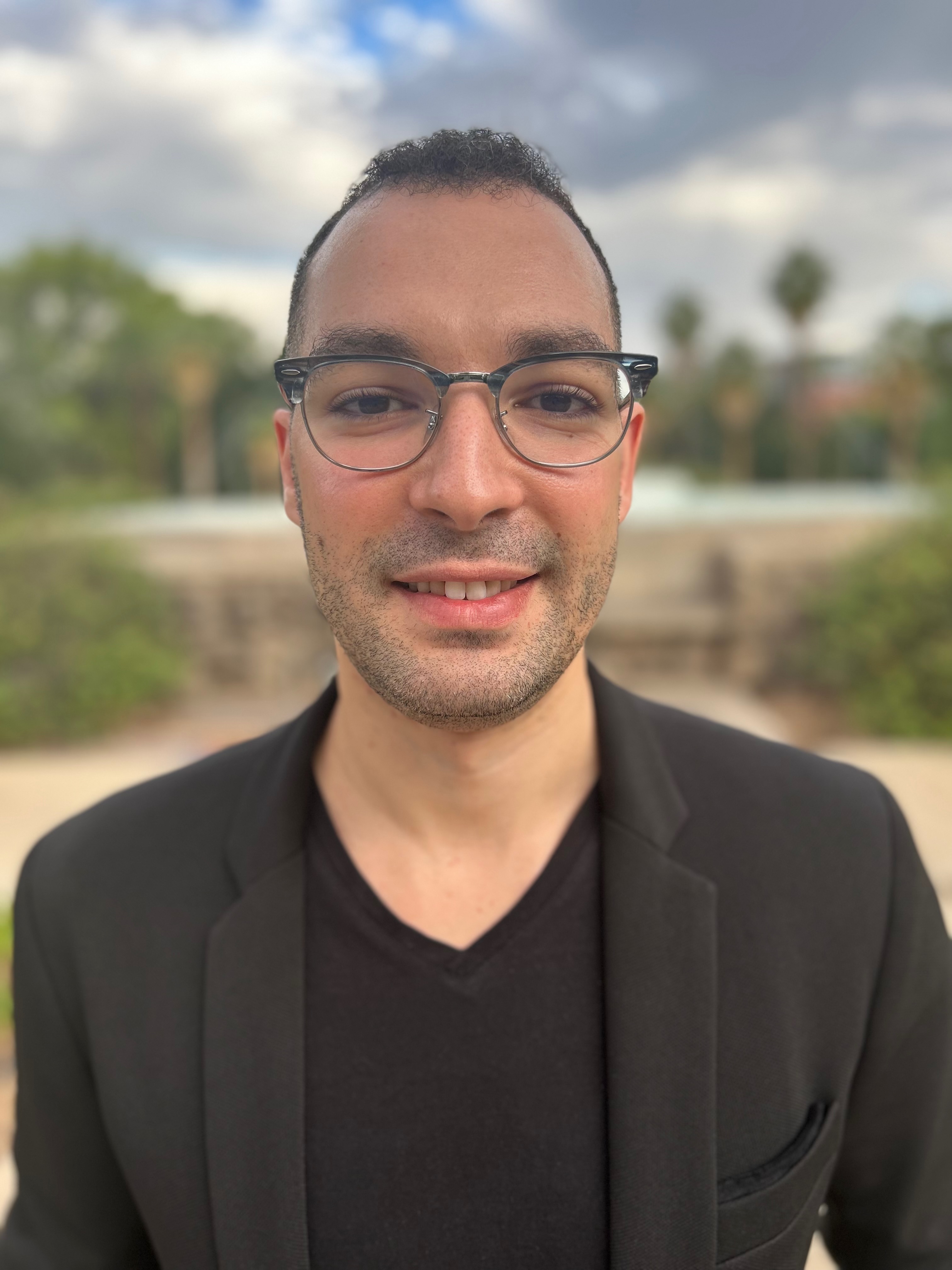 Graduate Student Award
Graduate Student Award
Issam Rian | University of Arizona
Issam Rian is a PhD candidate in Second Language Acquisition and Teaching (SLAT) at the University of Arizona. His dissertation explores the impact of AI-generated feedback on the metacognitive judgments of L2 writers. Focusing on how these writers perceive and evaluate their own writing within different genres, his research aims to offer insights into the effectiveness of Large Language Models like ChatGPT in second-language writing classrooms. By examining the interplay between AI feedback and student metacognition, Issam seeks to shed light on the potential of AI tools to enhance language learning and teaching, while also probing the unique human ability of self-reflection in the context of rapidly advancing technologies.
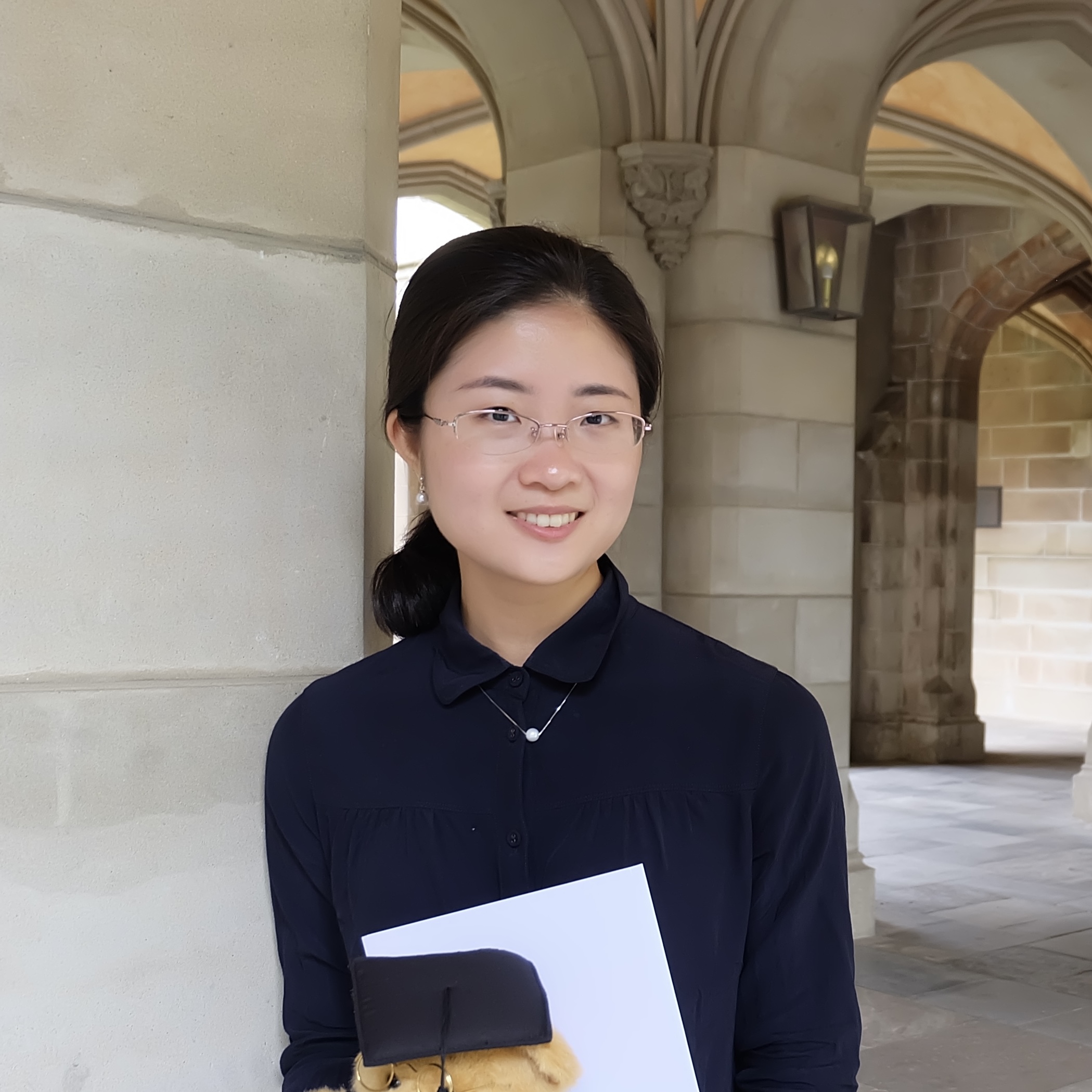 Graduate Student Award
Graduate Student Award
Xiaoxiao Kong | University of Melbourne
Xiaoxiao Kong is a Ph.D. candidate in the School of Languages and Linguistics at the University of Melbourne. Her research interests include language assessments for professional purposes and test validation. Her Ph.D. project investigates the language demands of early childhood and school teachers in Australia, and the appropriacy of currently approved English proficiency tests for teacher registration purposes. Prior to starting her Ph.D., Xiaoxiao worked as an early childhood teacher and an educational researcher across a variety of contexts in Australia.
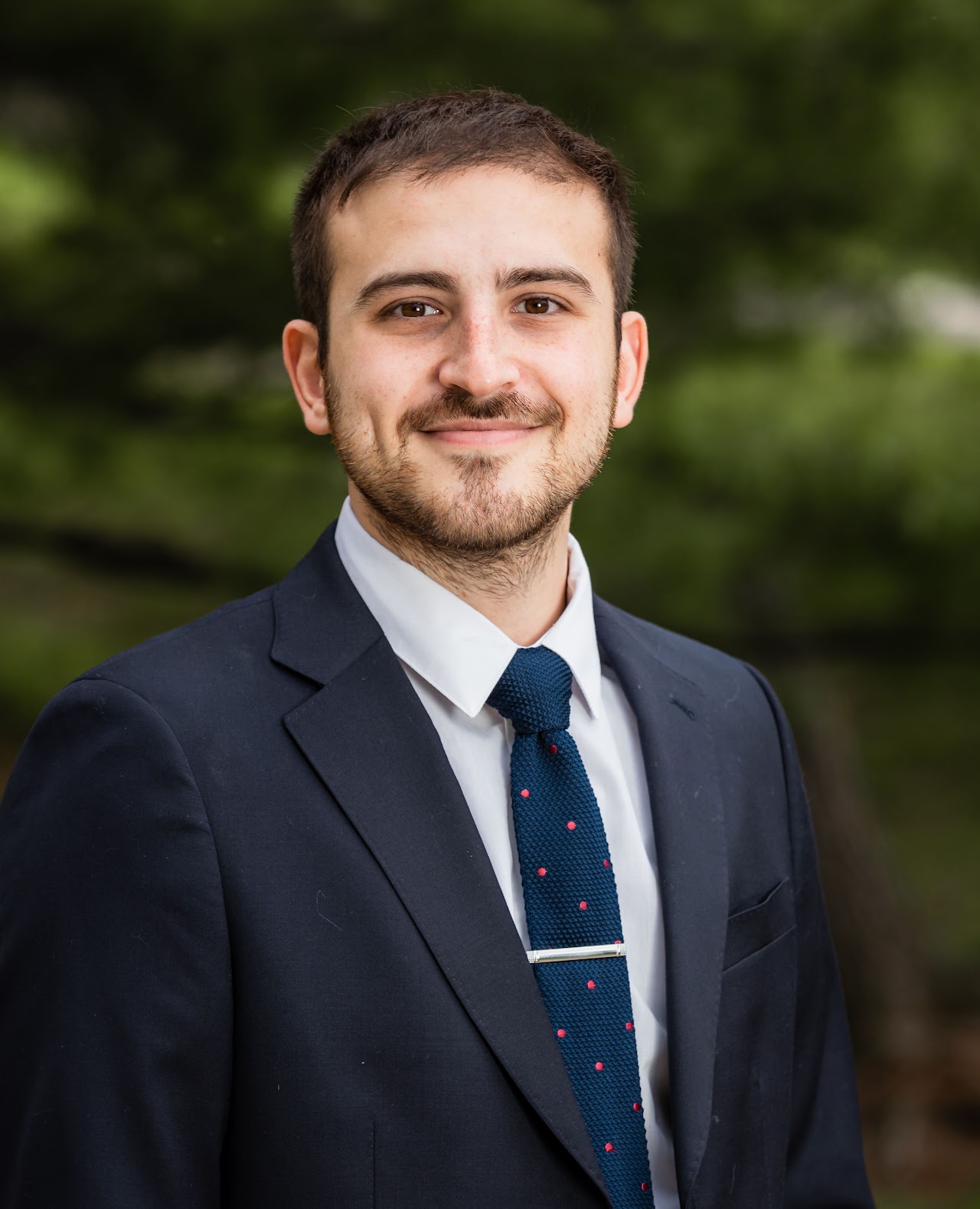 Graduate Student Award
Graduate Student Award
Martiniano Etchart | University of Wisconsin-Madison
An Argentina native, Martiniano Etchart (he/él) is a Dual-Ph.D. Candidate (ABD) in Second Language Acquisition and Spanish Linguistics at the University of Wisconsin-Madison. He completed his undergraduate degree in Teaching English as a Foreign Language in his home country, where he graduated with honors, and he holds an M.A. in Spanish as a Second or Bilingual Language from Michigan State University. Martiniano’s research lies at the intersection of education, applied linguistics, and psychology. Particularly, he is interested in the role that cognition (e.g., knowledge, perceptions, beliefs) and affect (e.g., anxiety, grit, enjoyment) can have on second/foreign language educators’ and learners’ experiences and well-being within formally instructed contexts. Specifically, his dissertation research explores Argentine teachers’ emotional states and social networks within and towards the diverse professional contexts where they work. Martiniano is an English and Spanish language educator as well as a former Fulbright scholar (Foreign Language Teaching Assistant Program 2018-2019), and he has around 10 years of experience in the field of (second/foreign language) education.
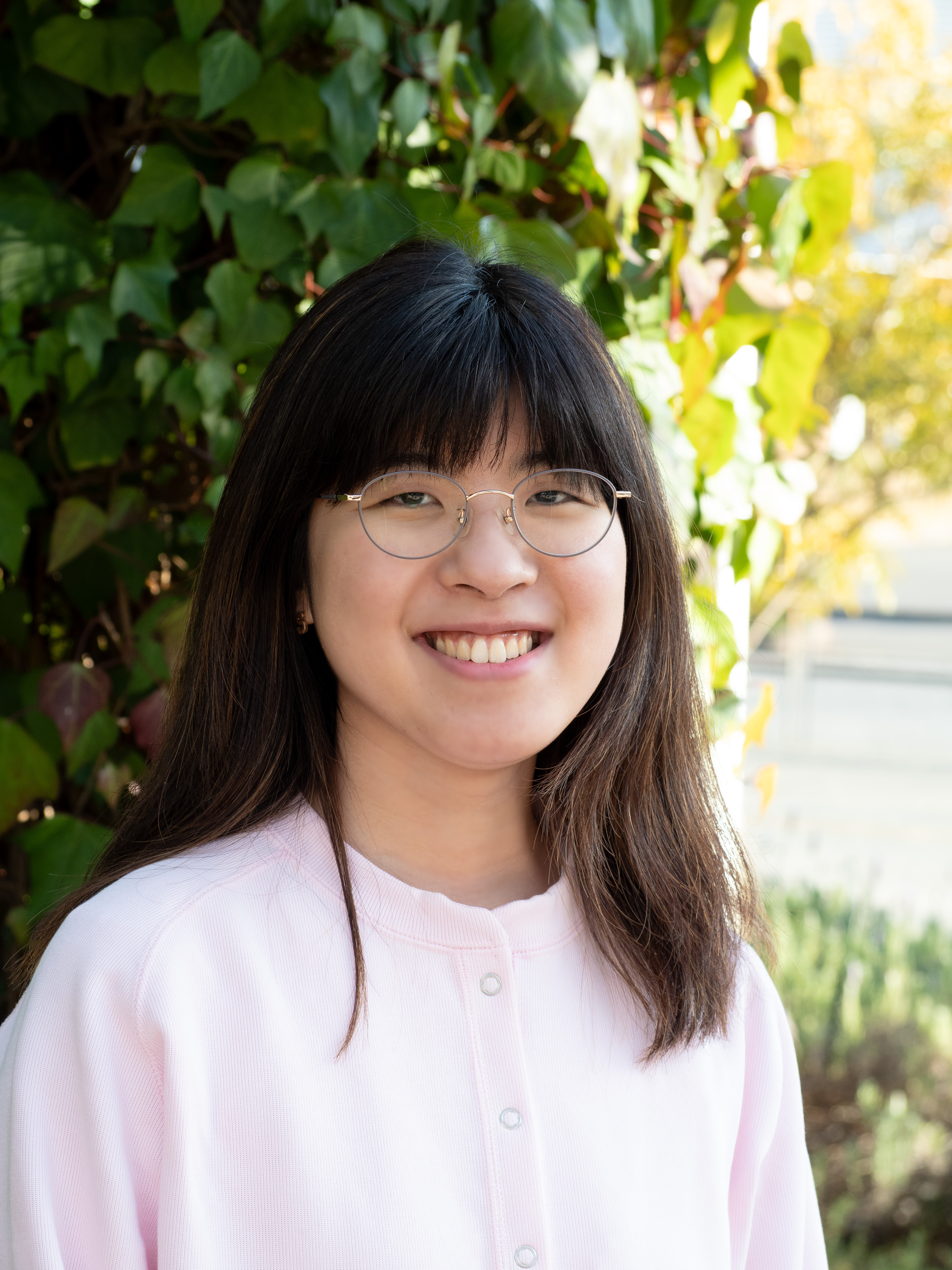 Graduated Student Award
Graduated Student Award
Sonoka Inomoto | University of British Columbia
Sonoka Inomoto is a MA student in Literacy Education at the University of British Columbia. Her research interests lie in multilingualism and translanguaging among young people and families in Japan and Canada, and she is committed to promoting antiracism and disrupting monolingual ideologies through her work.
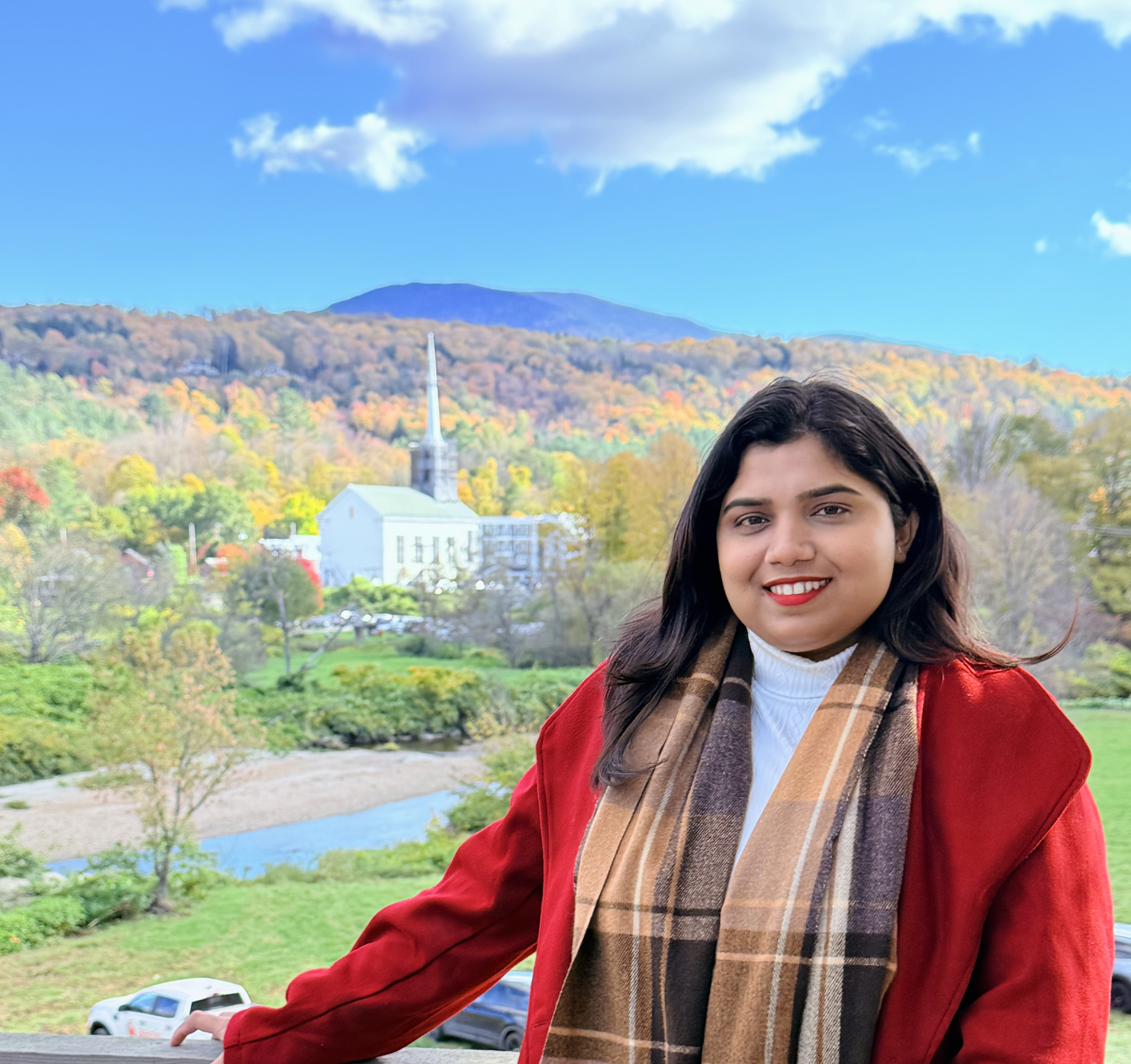 Indigenous Language Scholarship Support Fund
Indigenous Language Scholarship Support Fund
Nilima Hakim Mow | George Mason University
Nilima Hakim Mow is a Ph.D. student in Linguistics at George Mason University. Her research focuses on language documentation and revitalization, particularly working with endangered Indigenous languages. She has been closely working with the Akuzipik language, spoken in St. Lawrence Island, Alaska, and Hawrami, spoken in some parts of Iran, Iraq, and Turkey. Nilima is also passionate about developing pedagogy and materials for teaching English as a Second Language (ESL) and creating educational materials for Indigenous language learners. Her work is driven by a commitment to preserving linguistic heritage and fostering inclusive language learning environments.
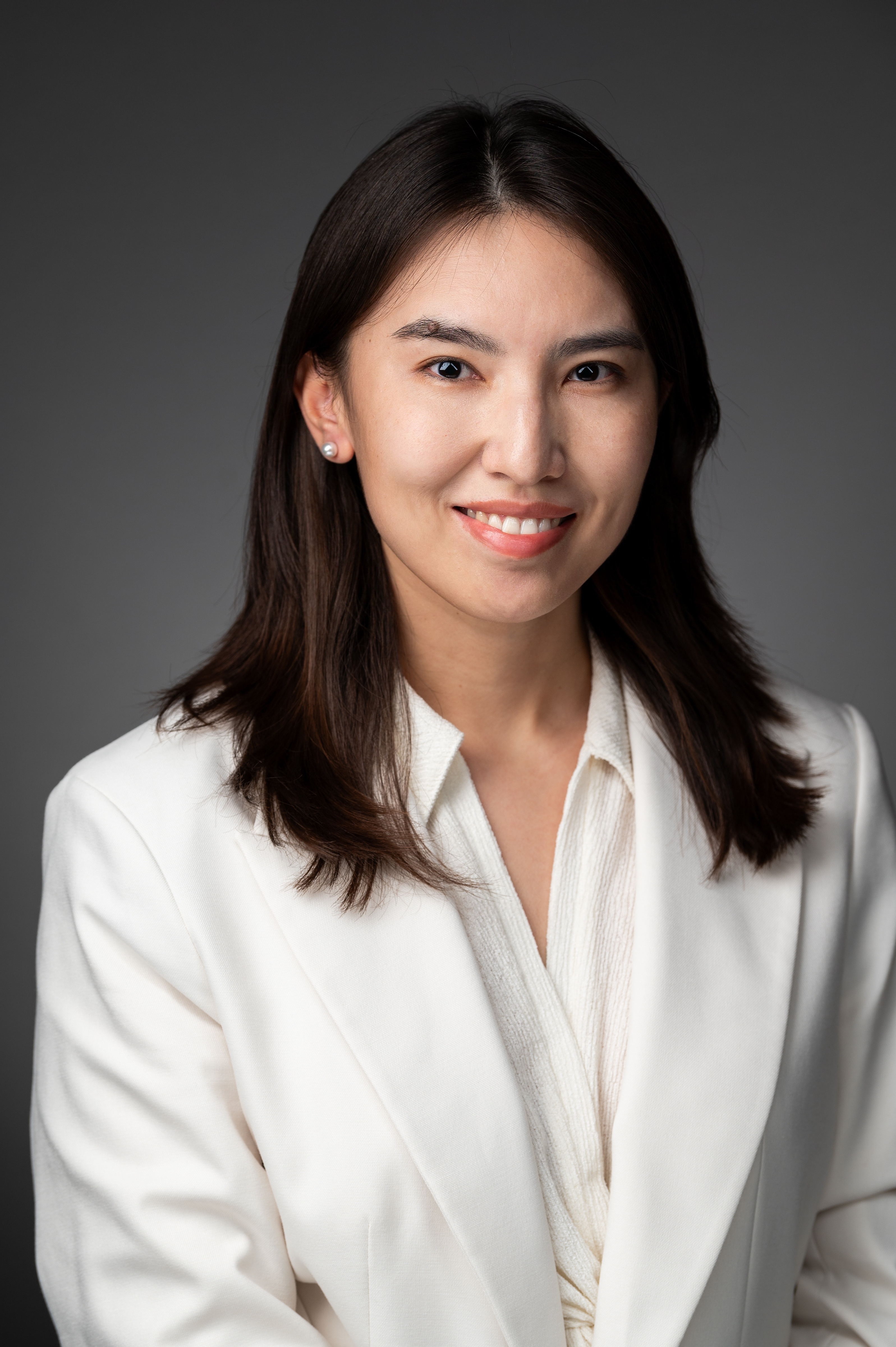 Indigenous Language Scholarship Support Fund
Indigenous Language Scholarship Support Fund
Munira Kairat | University of California, Santa Barbara
Munira Kairat is a PhD student in the Gevirtz Graduate School of Education at the University of California, Santa Barbara, specializing in Culture, Language, and Human Development. She earned an M.A. in Social Sciences & Education Policy at University of Illinois Urbana-Champaign. Munira’s research focuses on language socialization and racial identity construction within Central Asian/American communities in educational settings in the United States. Her dissertation explores heritage language reclamation/revitalization and transnational identity negotiation among urban Kazakh teenagers and children born or raised in Los Angeles.
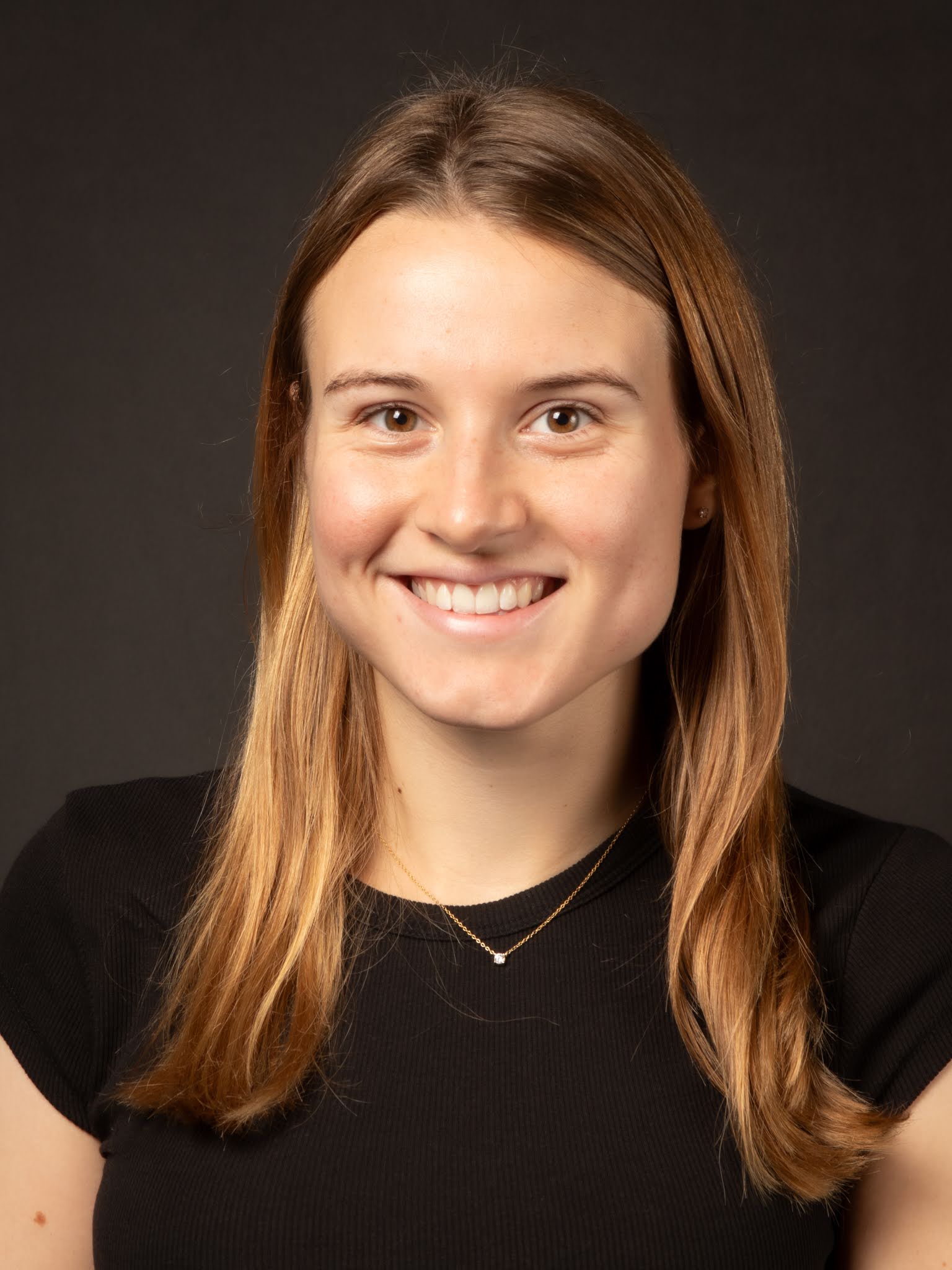 Indigenous Language Scholarship Support Fund
Indigenous Language Scholarship Support Fund
Mallory Woods | University of California, Santa Barbara
Mallory Woods (she/her) is a second-year PhD student at the University of California, Santa Barbara's Gevirtz Graduate School of Education. Her research interests center on bilingual language development with a focus on translanguaging and heritage language maintenance in early childhood. Before coming to UCSB, Mallory worked as an English Teaching Assistant at the Universidad Nacional de Chimborazo and in intercultural bilingual Kichwa-Spanish schools in Riobamba, Ecuador through the Fulbright U.S. Student Program. She later returned to Ecuador to study Amazonian Kichwa through the Foreign Language and Area Studies fellowship sponsored by the U.S. Department of Education. Mallory's presentation for the 2025 AAAL meeting is titled "Kichwa heritage language maintenance and flexible bilingual practice in rural Ecuadorian schools: Educators' perspectives."
 Indigenous Language Scholarship Support Fund
Indigenous Language Scholarship Support Fund
David Turnipseed | University of Oregon
David Turnipseed is a member of the Puyallup Tribe and has been a Twulshootseed Language Teacher since 2018. He has a Master’s in Education and teaches all ages throughout the community. Since 2022 he has been collaborating with the University of Oregon on a research project using social network analysis to measure language vitality.
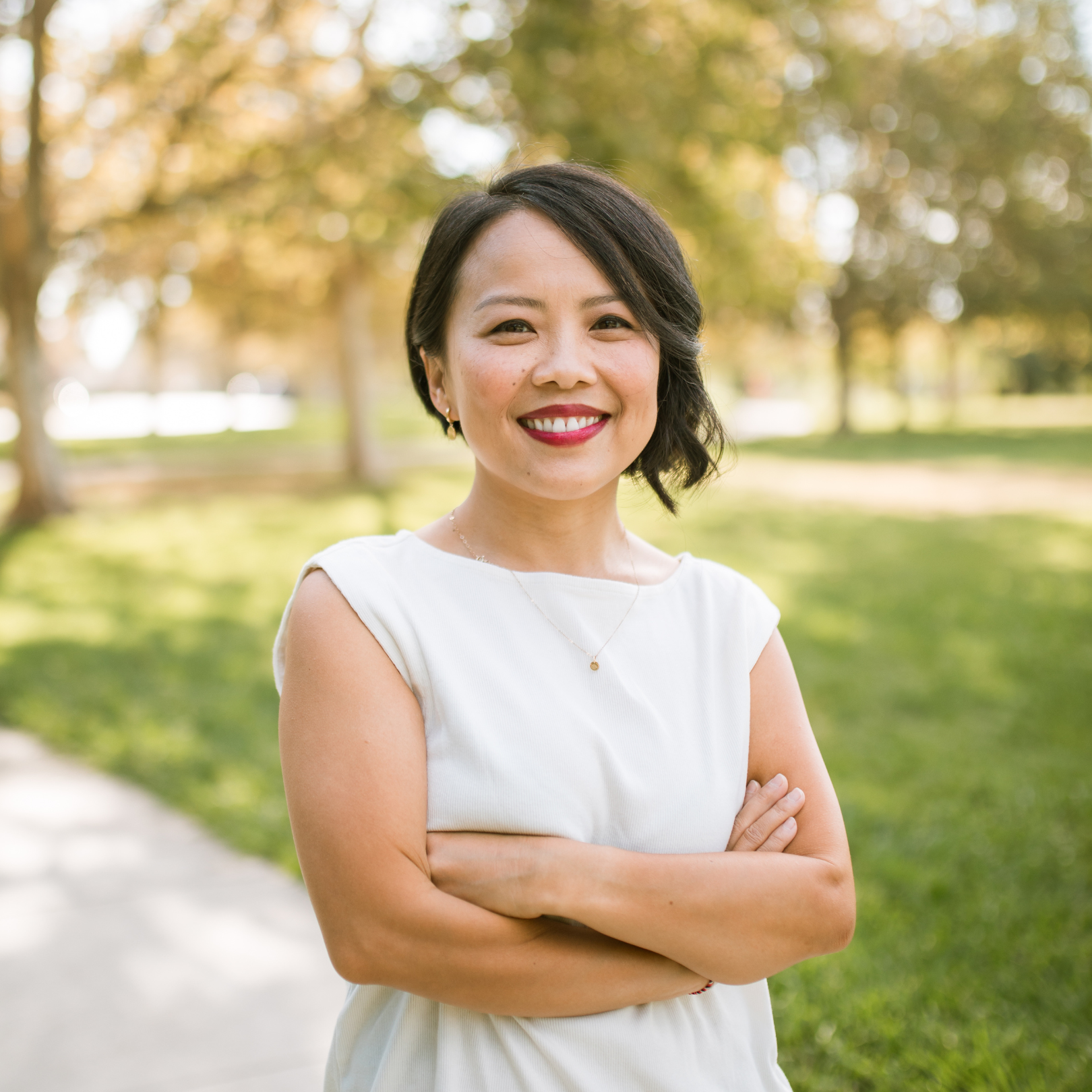 Indigenous Language Scholarship Support Fund
Indigenous Language Scholarship Support Fund
Pa N. Vue | University of California, Berkeley
Pa N. Vue has nearly a decade of experience working with high school and college students as an academic advisor and writing center coordinator. She is currently a doctoral candidate in the School of Education at University of California, Berkeley. Her research interests are in Hmong language reclamation, literacy practices, and indigenous knowledge production. She explores connections between literacy, language, and creativity, broadly conceived, and works toward engaging the Hmong community in creating emergent vitalities (new domains of language use) that can support Hmong language revalorization.
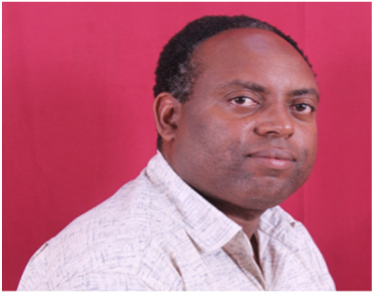 Indigenous Language Scholarship Support Fund
Indigenous Language Scholarship Support Fund
Dr. Onesmo S. Nyinondi | Sokoine University of Agriculture
Dr. Onesmo S. Nyinondi, a senior lecturer in the Department of Language Studies at the Sokoine University of Agriculture, holds a Ph.D. in Linguistics and extensive experience in academia and community-driven language preservation. His work focuses on Indigenous languages in Tanzanian communities, addressing the intersections of language, culture, and educational equity. He has authored numerous articles on Indigenous and African languages, language policy, and the role of digital technologies in education, especially during the COVID-19 pandemic. Dr. Nyinondi collaborates with community experts to document and promote Tanzanian languages, bridging academic research with practical applications. Active in professional associations like the American Association for Applied Linguistics, TESOL and the Tanzanian English Language Teachers Association, he is dedicated to fostering international collaboration and amplifying marginalized voices, contributing significantly to Indigenous language revitalisation and sustainable educational development in Tanzania.
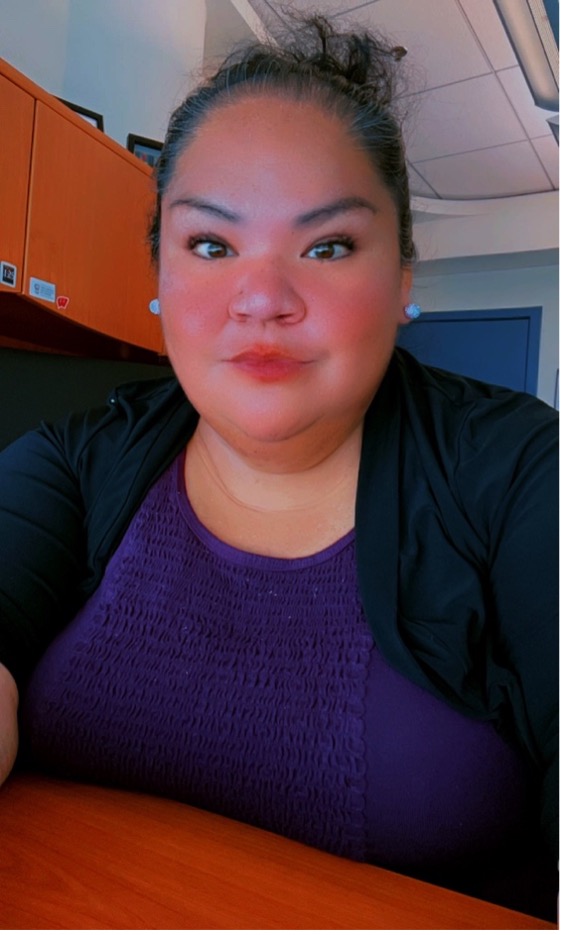 Indigenous Language Scholarship Support Fund
Indigenous Language Scholarship Support Fund
Denise Kennedy | University of Regina
Denise Kennedy nitišinihkās. (I am called Denise Kennedy) I am an Anihšināpēkwē from Pasqua First Nation in Saskatchewan Canada. I am married and have four children. three sons and one daughter. My passion is in Indigenous language revitalization and reclamation. I have taught Anihšināpēmowin to the children of my Nation for the past 16 years. I am always seeking new ways to reclaim our language and culture. I feel it is important for our people to be proud of who they are as Anihšināpē people and to carry their language and culture with them forever. I have received my MEd from the University of Regina in 2021, with the focus on Indigenous language revitalization through language nesting and intergenerational transmission. I am currently a faculty member at the First Nations University of Canada, located in Regina Saskatchewan, as a lecturer in Indigenous languages and linguistics. I have also recently completed my PhD course work, and now moving into my comprehensive exams, again focusing on Indigenous language reclamation. My interests also focus on Indigenous methodologies and relational epistemologies in Indigenous research. I consider myself a lifelong learner.
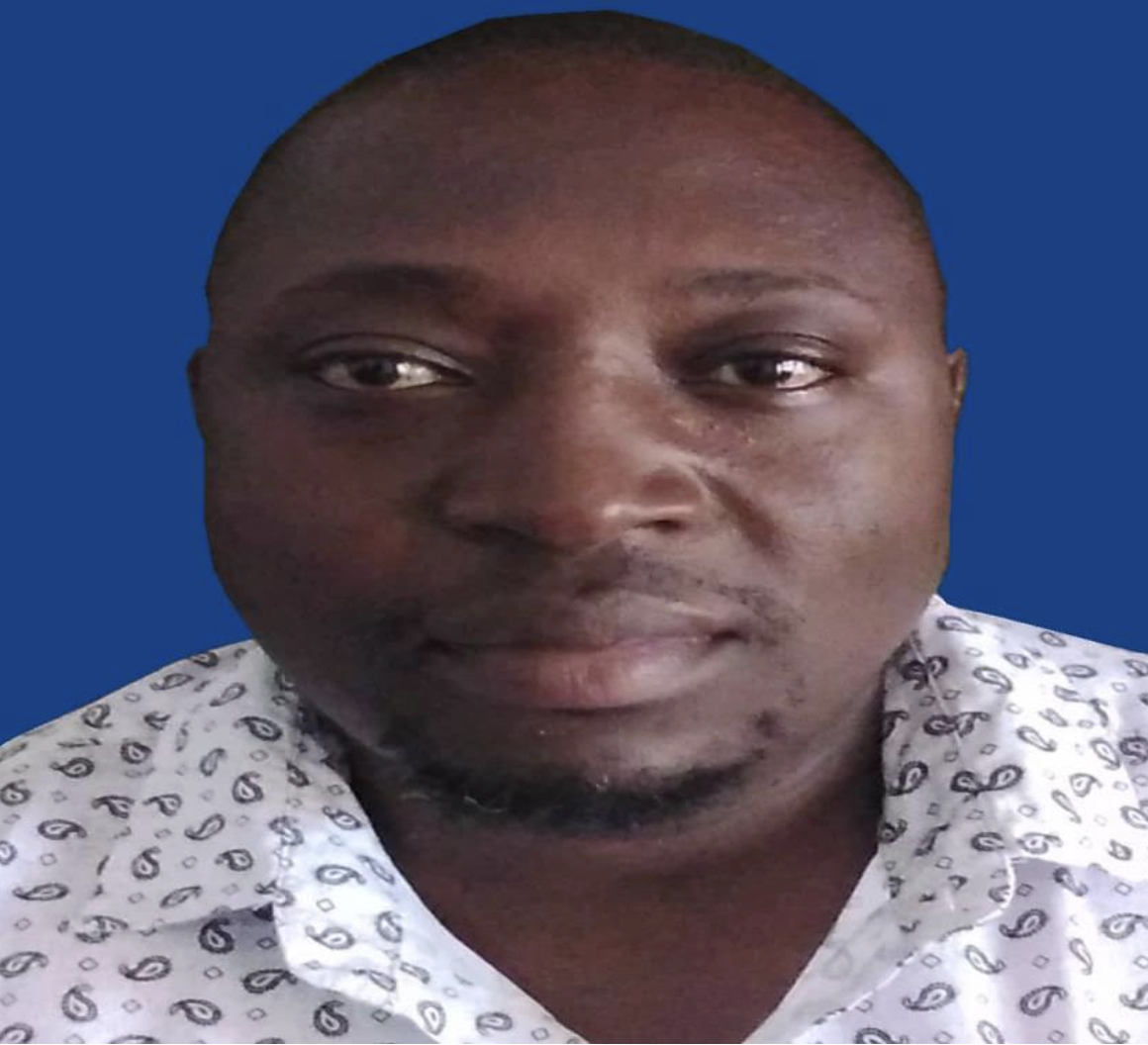 Indigenous Language Scholarship Support Fund
Indigenous Language Scholarship Support Fund
Job Mwakapina | Sokoine University of Agriculture
Dr. Job Mwakapina is a Senior Lecturer in Linguistics at Sokoine University of Agriculture (SUA), Tanzania, and the coordinator of the SUA Centre for African and International Languages. His academic interests include language in education, technology integration, academic literacy, language acquisition, and English for Academic Purposes. Known for his scholarly contributions, in recent years, Dr. Mwakapina has presented at prominent conferences, including TESOL and the American Applied Linguistics conference(AAAL), highlighting his dedication to advancing language studies and educational innovation.
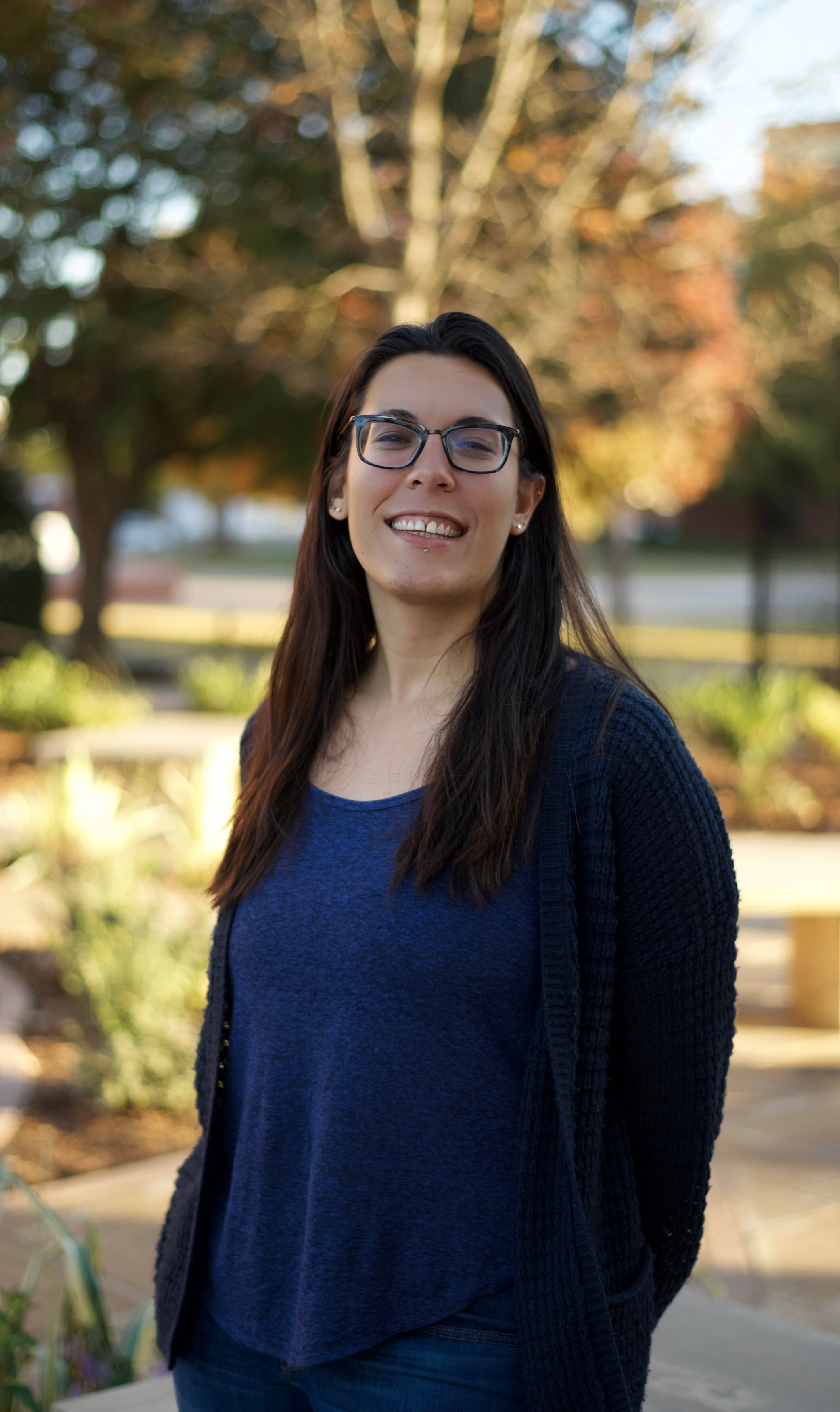 Indigenous Language Scholarship Support Fund
Indigenous Language Scholarship Support Fund
Michol Malia Miller | University of Hawaiʻi at Mānoa
Michol Malia Miller is a doctoral candidate at the University of Hawaiʻi at Mānoa. Her primary research interests include critical curriculum and materials development and teacher training for Indigenous language revitalization, followed by secondary interests in task-based language teaching, critical pedagogy and cognitive usage-based approaches to second language acquisition. Motivated by her own personal journey of ancestral language reclamation of ʻŌlelo Hawaiʻi (Hawaiian language) , her research focuses on exploring ways that contemporary research in applied linguistics and second language acquisition can be leveraged to support the language revitalization efforts of Indigenous language communities around the world.
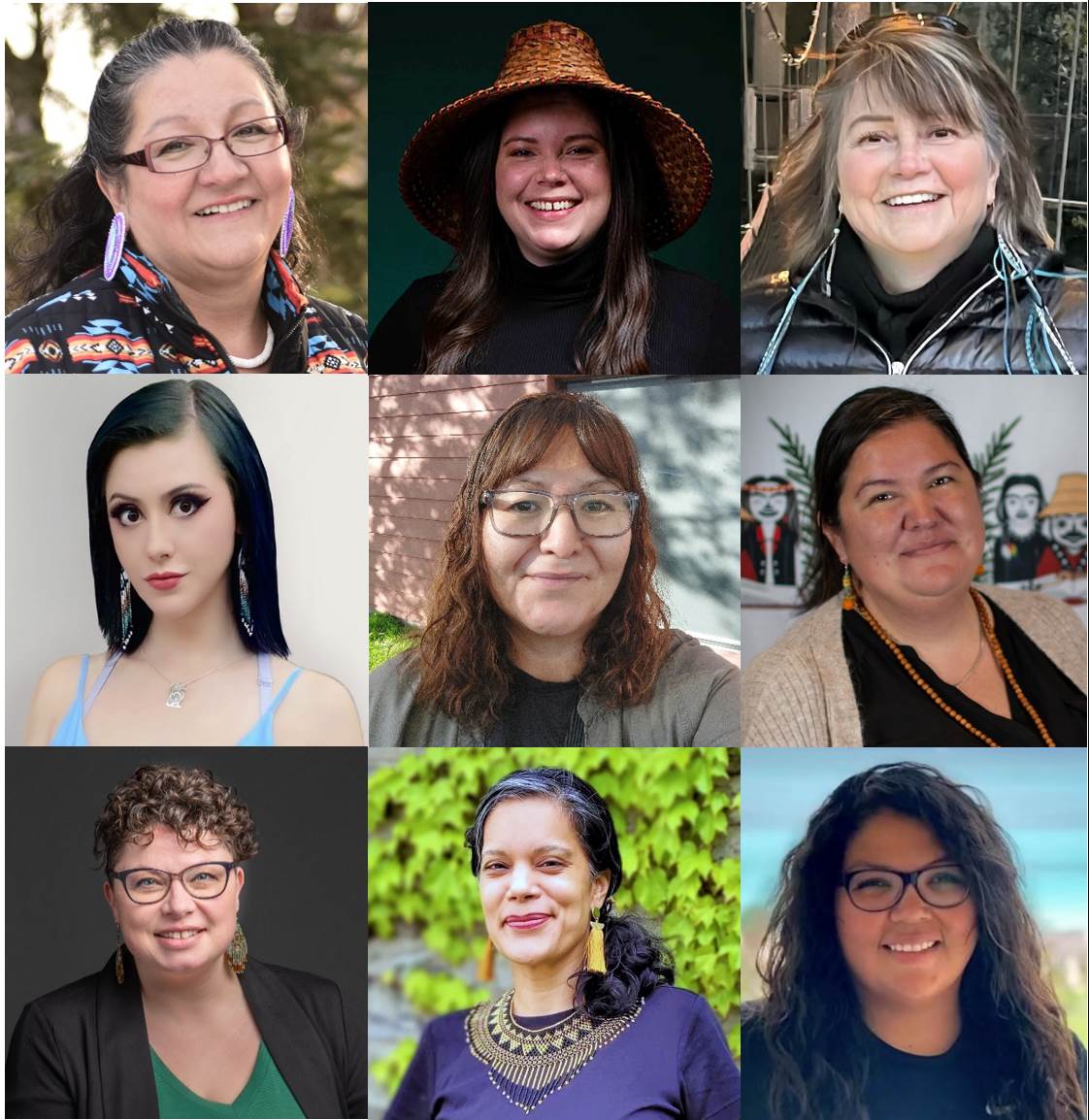 Indigenous Language Scholarship Support Fund
Indigenous Language Scholarship Support Fund
Charlotte Ross, Cheyenne Cunningham, Velvalee Georges,
Jade LaFontaine, Rosalie MacDonald, Leah Meunier,
Tresley Tourond-Bouvier, Rhonda Chung, Janna Personius

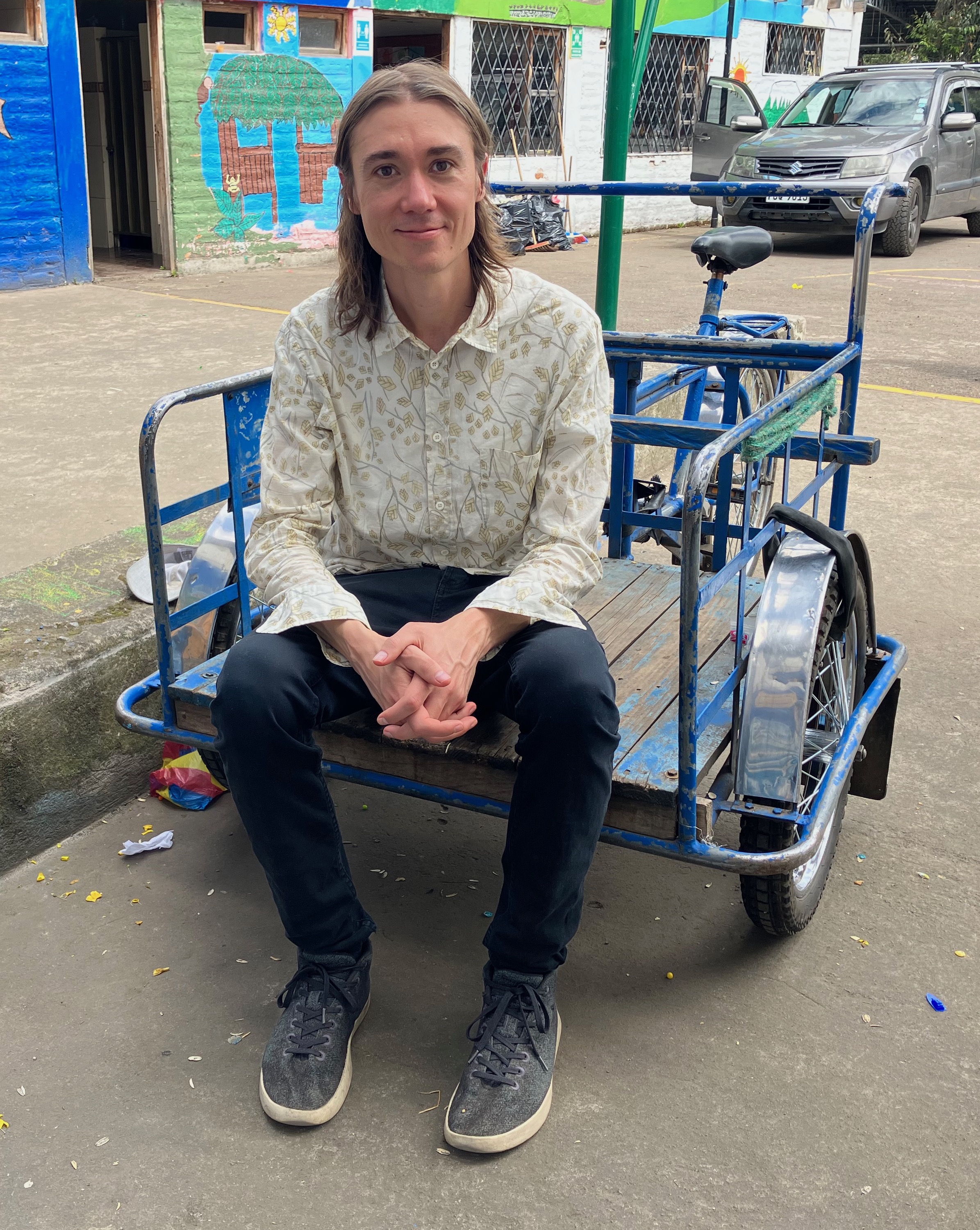 First Book Award
First Book Award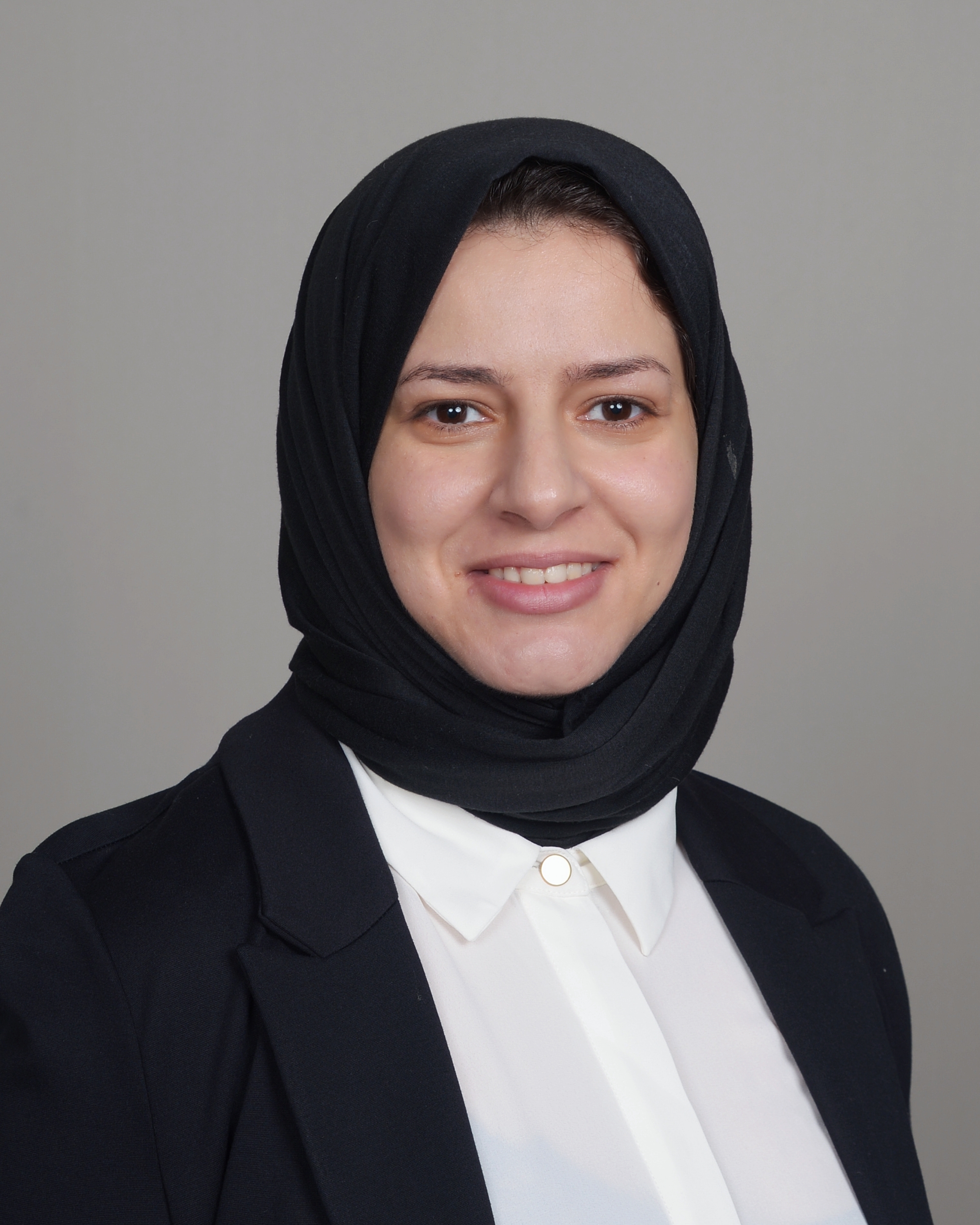 Dissertation Award
Dissertation Award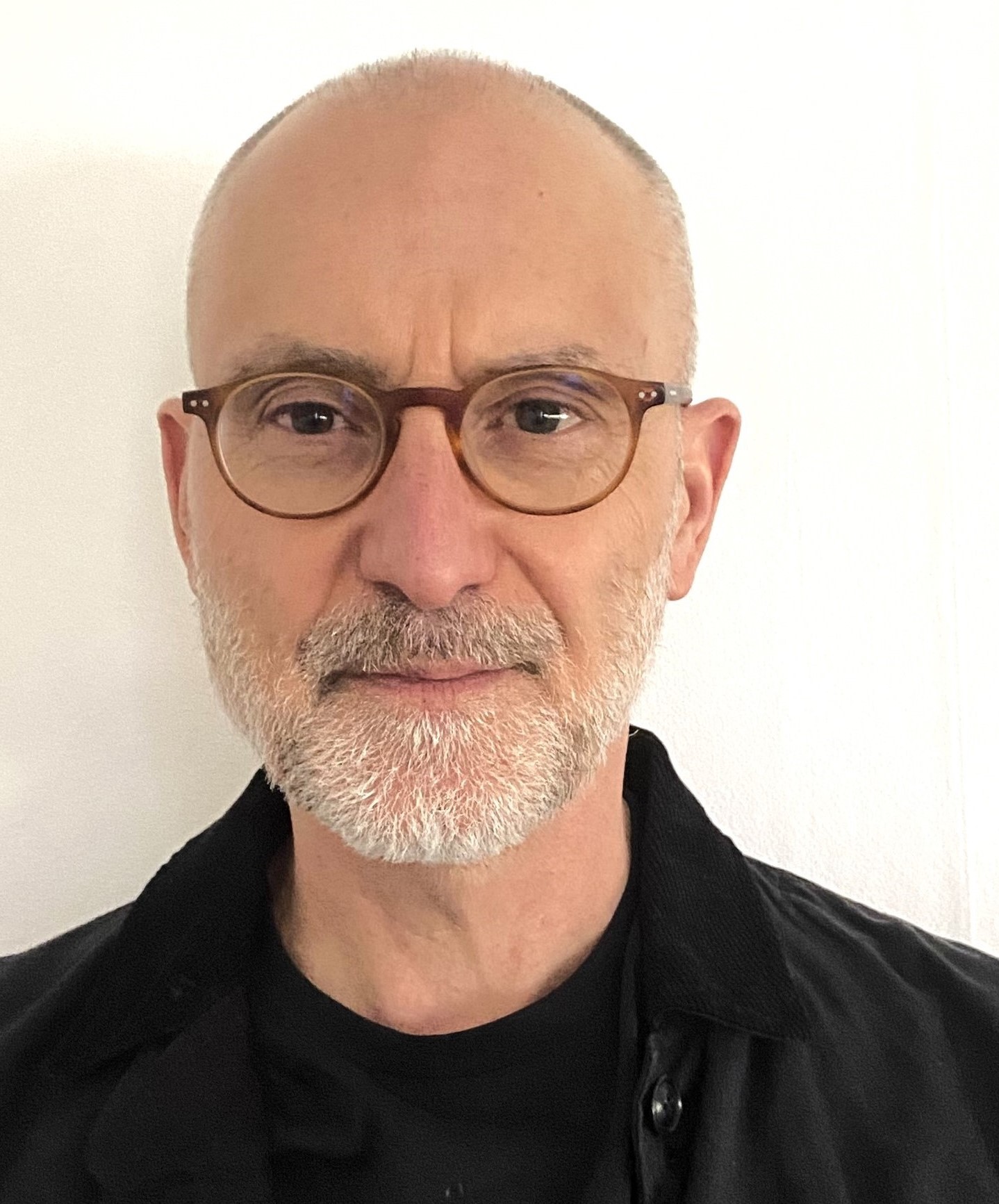 Research Article Award
Research Article Award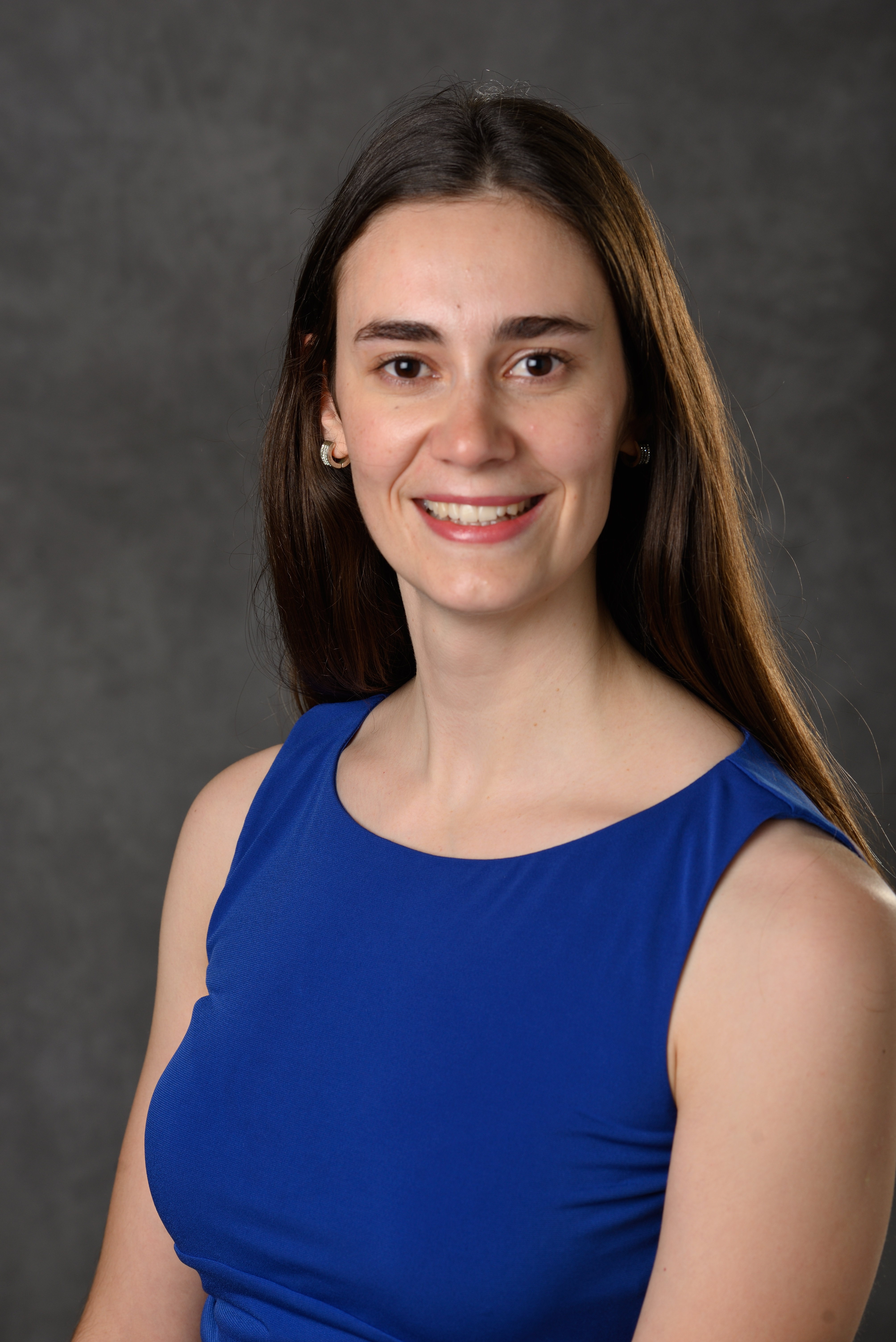 Graduate Student Award
Graduate Student Award